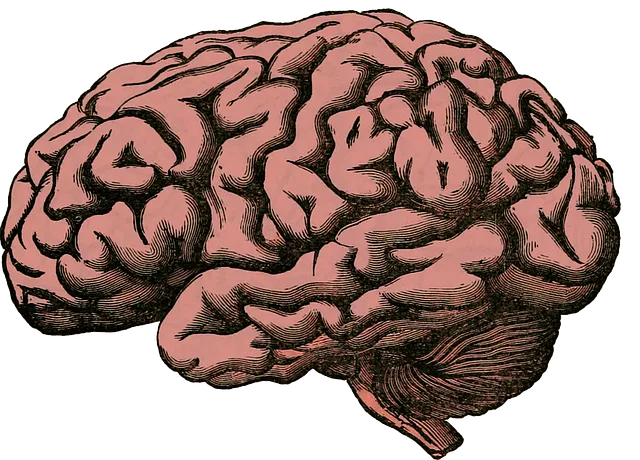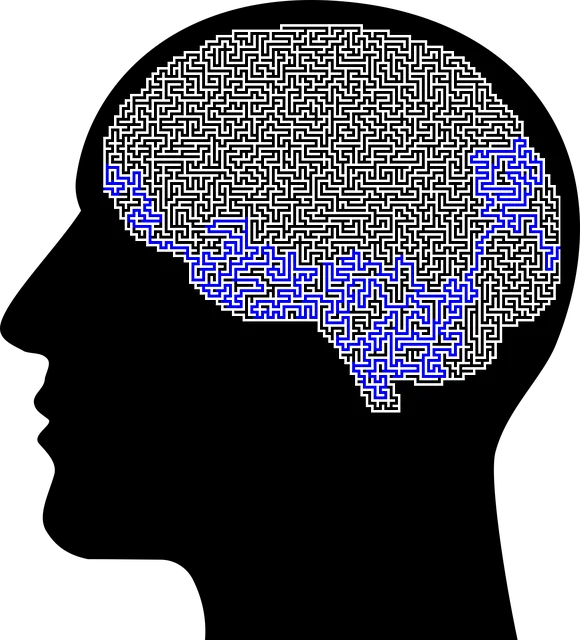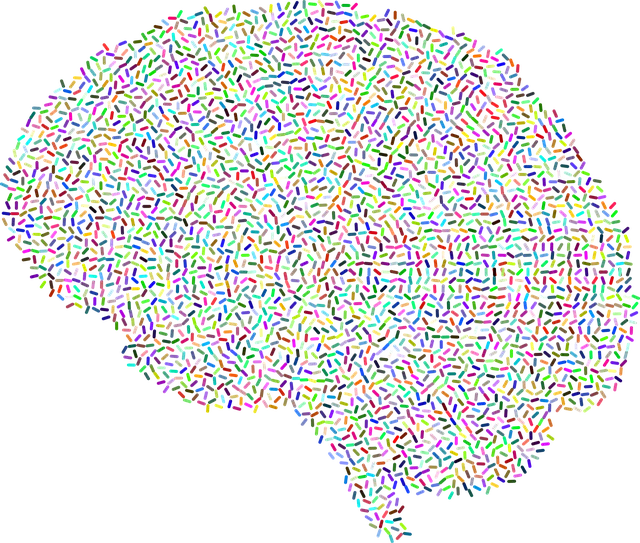In today's digital age, the development of mental wellness apps is gaining urgency due to growing awareness of psychological health issues. Organizations like Kaiser are expanding access to mental health services, with their inpatient facilities in Englewood providing holistic care through evidence-based practices and cultural competency training. The market for these apps is booming as users seek personalized, accessible solutions. Effective app design should include tailored therapy plans, peer support communities, stress management tools, and community building features. By modeling these after specialized care like Kaiser's, developers can create engaging mental wellness apps that enhance user experiences and promote positive thinking.
In today’s digital age, mental wellness app development is transforming access to healthcare. With growing demand for accessible mental health services, understanding how apps like Kaiser’s inpatient mental health services in Englewood can fill gaps becomes crucial. This article explores trends and gaps in the market, outlines key features for effective mental health apps, and navigates the development process from concept to launch—a guide for creating tools that enhance, not just track, mental wellness.
- Understanding Mental Health App Development: A Growing Need
- Exploring Kaiser's Inpatient Mental Health Services in Englewood
- Market Analysis: Trends and Gaps in Mental Wellness Apps
- Key Features for Effective Mental Health Mobile Applications
- Development Process: From Concept to Launch and Beyond
Understanding Mental Health App Development: A Growing Need

In today’s fast-paced world, mental wellness app development has emerged as a crucial need, especially with the growing awareness of psychological health issues. With institutions like Kaiser providing inpatient mental health services in places like Englewood, it’s clear that access to care is expanding. However, technology can play an even more significant role in reaching those who may not have easy access to traditional treatment centers. Mental health apps offer a convenient and discreet way for individuals to manage their well-being, particularly when integrated with trauma support services and conflict resolution techniques.
These applications cater to diverse needs, from stress management and mindfulness exercises to community outreach program implementations, ensuring that users receive comprehensive care tailored to their specific circumstances. As the demand for digital mental health solutions continues to rise, developers must prioritize evidence-based practices and user-centric design to create effective tools that contribute to improved overall mental wellness.
Exploring Kaiser's Inpatient Mental Health Services in Englewood

Kaiser’s Inpatient Mental Health Services in Englewood offer a crucial component of their comprehensive healthcare framework, catering to individuals in need of intensive care and support. These services are designed to provide an immersive and therapeutic environment for patients struggling with mental health challenges. Here, specialized professionals employ evidence-based practices to foster inner strength development and enhance overall mental wellness.
The facility’s focus on holistic healing extends beyond treatment; it also prioritizes cultural competency training for healthcare providers. This initiative ensures that patients from diverse backgrounds receive care tailored to their unique needs and experiences. With a range of programs, including Mental Wellness Coaching, Kaiser Englewood is committed to revolutionizing mental health support, making it accessible and effective for all.
Market Analysis: Trends and Gaps in Mental Wellness Apps

The market for mental wellness apps is experiencing a significant surge, reflecting a growing recognition of digital tools’ potential in supporting psychological well-being. Trends indicate a shift towards personalized, accessible, and integrated solutions, with users seeking comprehensive platforms that cater to diverse needs. Many established healthcare providers, such as Kaiser, are exploring inpatient mental health services at locations like Englewood, underscoring the demand for effective digital interventions. However, despite progress, gaps remain in areas like inclusivity, cultural sensitivity, and the integration of evidence-based practices into app design.
App developers have a unique opportunity to address these gaps by incorporating features such as tailored therapy plans, peer support communities, and accessible resources for managing stress and anxiety. The Mental Wellness Podcast Series Production and Conflict Resolution Techniques can be effectively integrated into apps to enhance user engagement and effectiveness. Additionally, Social Skills Training modules cater to a critical aspect of mental health, promoting connection and communication in a digital age.
Key Features for Effective Mental Health Mobile Applications

Creating a mental wellness app requires thoughtful consideration of key features to ensure its effectiveness and appeal to users seeking support for their mental health. Firstly, Trauma Support Services should be integrated, providing resources and tools tailored to individuals with traumatic experiences. This can include guided meditations, cognitive-behavioral therapy (CBT) exercises, and access to crisis hotlines, making it akin to the specialized care available at facilities like Kaiser’s inpatient mental health units in Englewood.
Additionally, Communication Strategies are vital for fostering a sense of community within the app. Features like secure messaging, online forums, or peer-to-peer support groups encourage users to connect, share experiences, and offer encouragement. Promoting positive thinking through affirmations, inspirational content, and mood tracking can also significantly enhance users’ mental wellness journeys.
Development Process: From Concept to Launch and Beyond

The development process of a mental wellness app begins with a clear vision and understanding of the target audience’s needs. After thorough market research, including analyzing competitors like Kaiser’s inpatient mental health services in Englewood, designers and developers collaborate to conceptualize the app. This phase involves identifying core features such as emotional regulation tools, compassion cultivation practices, and resilience-building exercises tailored to users’ well-being. Prototyping and user testing are crucial steps to ensure the app’s functionality and usability meet expected standards.
Post-launch, continuous improvement is key. Developer teams monitor user feedback, app performance, and engagement metrics. Regular updates incorporate new features, fix bugs, and enhance overall user experience. Given the dynamic nature of mental health, regular content refreshes focusing on emerging practices and research are essential to keep the app relevant and effective in supporting users’ emotional well-being.
Mental wellness app development is a dynamic field, driven by the growing need for accessible and effective mental health support. As evidenced by Kaiser’s inpatient mental health services in Englewood, integrating technology with care can significantly improve outcomes. Market analysis highlights trends and gaps, underscoring the importance of well-designed apps that cater to diverse needs. By focusing on key features and following a structured development process, creators can develop game-changing mental health mobile applications that make a real difference in users’ lives.






